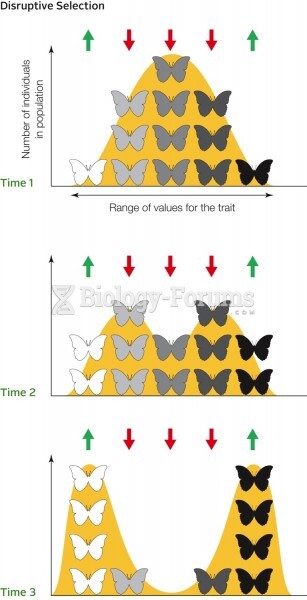|
|
|
Did you know?
Thyroid conditions may make getting pregnant impossible.
Did you know?
Russia has the highest death rate from cardiovascular disease followed by the Ukraine, Romania, Hungary, and Poland.
Did you know?
On average, the stomach produces 2 L of hydrochloric acid per day.
Did you know?
During pregnancy, a woman is more likely to experience bleeding gums and nosebleeds caused by hormonal changes that increase blood flow to the mouth and nose.
Did you know?
The Romans did not use numerals to indicate fractions but instead used words to indicate parts of a whole.







